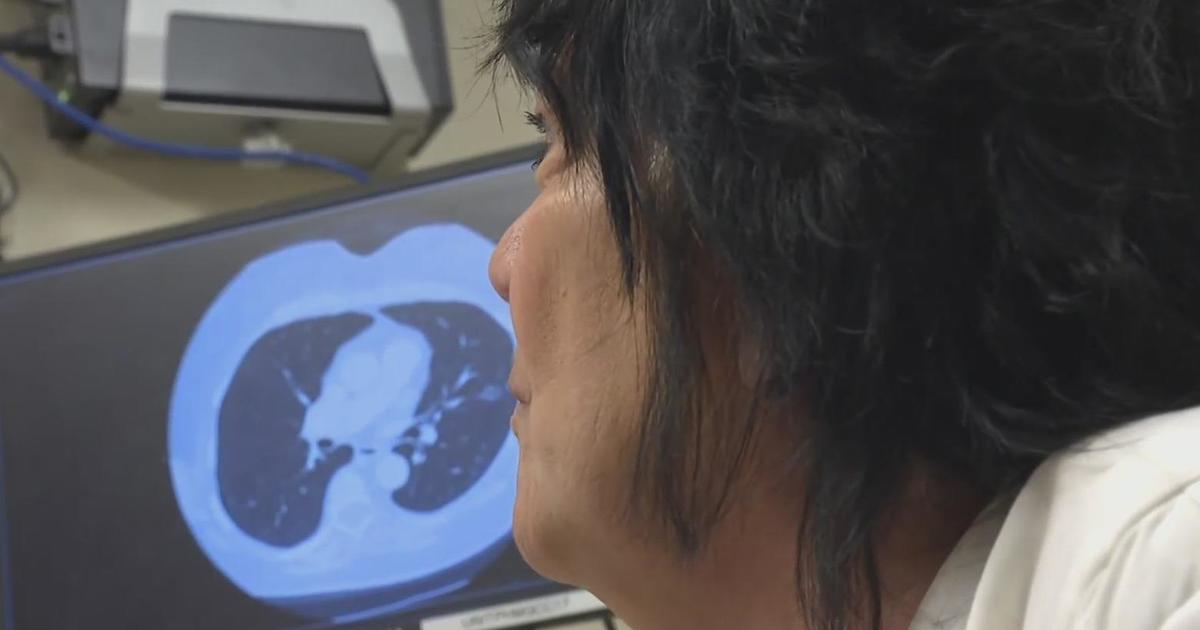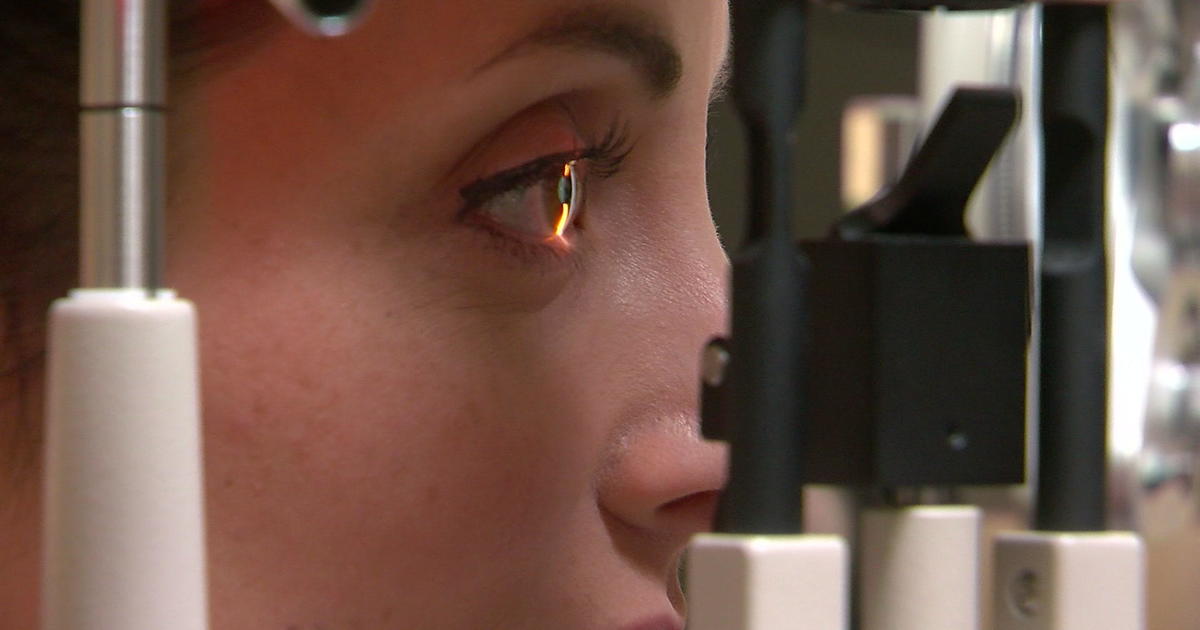As Employees Fear Going Back To The Office, Doctors Share How To Stay Healthy When Returning
PITTSBURGH (KDKA) -- Some people are not looking forward to the end of the work-from-home model.
"Surveys show that now that we are opening up, a majority of Americans are concerned about going back to the workplace. This is something they don't necessarily feel positive about," says Dr. Christopher Martin, WVU Medicine, Department of Occupational Medicine.
This is especially true for people at higher risk for coronavirus.
"People who are older, particularly above the age of 65, people who have underlying conditions, such as diabetes and heart disease, and lung problems, are at higher risk for getting COVID complications," says Dr. Donald Middleton, family medicine, UPMC St. Margaret Hospital.
"People that are in their 50s and 40s who take high blood pressure medicines are also considered higher risk," says Allegheny Health Network Dr. Jennifer Preiss.
Doctors advise their patients with consideration for their individual needs.
"Some people actually changed jobs based on wanting to avoid contact with individuals that they knew were going to have COVID-19," Dr. Middleton says.
"If you have these underlying conditions, you are six times as likely to be hospitalized, and you're 12 times as likely to die," Dr. Martin said. "It's best to stay home if you can."
But not everyone can change jobs or stay home. If someone in these high-risk groups returns to the workplace, they should take extra care.
"To wear the most effective mask that you can wear, to not touch your face or your eyes," Dr. Middleton said, "clean off typing surfaces, clean off things you're going to touch when you start work."
The workplace must do its part, too.
"What is the employer able to offer to that worker, understanding that they're vulnerable?" Dr. Martin says. "Can they have a physical barrier? Can they have personal protective equipment? Can there be specific ventilation measures? Can they be reassigned to have less contact? There's a whole toolbox of things that an employer can do, and they may want to prioritize those for the older worker."
"Make sure the place where you work has thought about how to minimize disease," says Dr. Middleton, who is a family doctor at an at-risk age. He has adjusted his duties and so has his workplace. "I limit myself as to who I actually go see, and the people with whom I work know that they are going to try to protect me."
Some people feel the risk isn't worth it.
"I've had people who made that decision that they're simply not going to go back to work, but they're going to retire," Dr. Middleton says.
"These are very difficult discussions in terms of the worker deciding is this worth my health to go back?" says Dr. Martin. "I am normally the one encouraging the return to work, so it does feel a little bit odd that there is this cautionary note with older workers, especially those with underlying health conditions. What I always tell my patients is that your health is, above all, the most important."



